

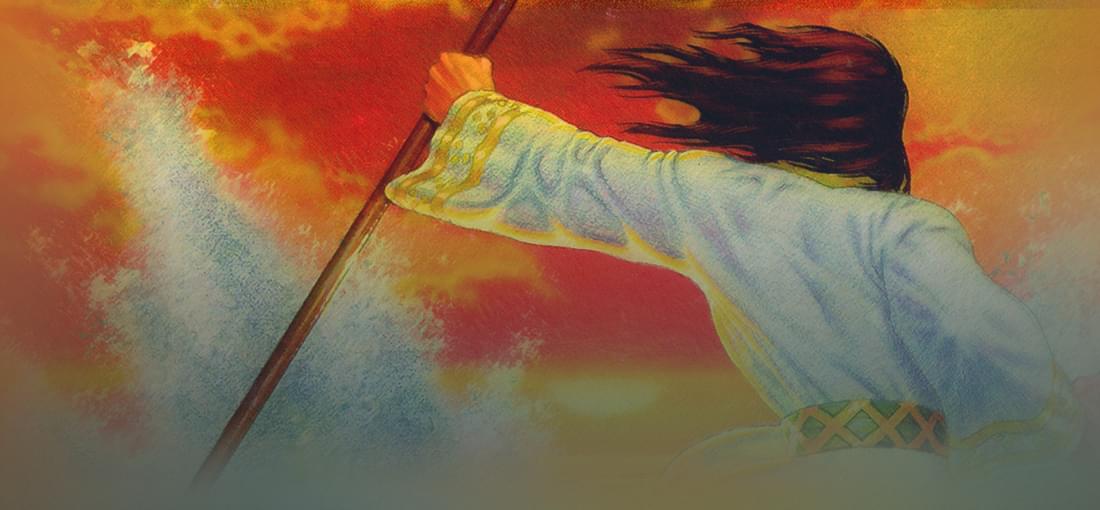
So based on the first 4 Ultima games, I think they're for "D&D people", but I listened to the cassette recording with this new release of Ultima IV and decided to have one more try at it. So Richard Garriott was kind of responding to complaints about his games and about D&D in general from "religious extremists", when he decided to make the next Ultima game a quest for enlightenment, a demonstration of virtue and mortality etc. So it seems even back in the mid '80s people appreciated this new idea and today I think many view it as the best Ultima. Popular or not, I'm not sure that overall the game is such a great idea. Not to say that I think Ultima IV should have been just another "Beat the bad guy, save the world" theme, but Richard himself said on that cassette that he was concerned people might think he was getting on his soapbox(i.e preaching) or going off the deep end with his new idea. He admits of course that the game is a drastic change. When playing Ultima IV, I saw that its ideas of truth and enlightenment probably influenced later RPG game themes, especially in Japanese RPGs and there were some other things like questioning townsfolk like a detective, finding secret rooms and being joined new characters along the way that I think were good ideas, recognized as such by other game developers. So while I think the game's main idea was a bit too religious, there were some good smaller ideas, some related to the main idea, others incidental.
Normally I complete a game before reviewing it, but Return to Zork was too much a test of my patience. There appears only a loose connection to original Zork Trilogy. I found the storytelling very vague and I didn't enjoy having to piece it all together from the little bits of knowledge scattered around. Not far into the adventure I got a bit stuck so I decided to check a walkthrough rather than spend my precious time scrutinizing everything to try and find the way forward. When I found out what the way forward actually was, I realized that I was not going to have the time and patience get through the game without reliance on a walkthrough. Even if I could work out some sort of objective, the game is full of strange problems and solutions that seem to require the player's utter commitment. I tried my best to enjoy the game by piecing together the plot and determining what my purpose is and I carefully checked the walkthrough to make sure I didn't misstep and screw up the whole game(there's an item at the start of the game that you have to "take correctly", otherwise I don't think you can't win the game i.e you're screwed from the start and don't even know it). But I decided that I'd given all I could when a bug messed up the game. I was in a forest, one of the game's mazes, and I'd just saved the game, only to realized that something had gone wrong and I couldn't make the mouse pointer change to an arrow so that I could move forward or change my facing. The game's puzzles are bad enough, but combined with bugs, it's unbearable. I wanted to play it, because of it's connection to the Zork Trilogy, which I'm still very fond of, but I don't think this game particularly does a service to those games. I will say that I like some of the script and it's humor and the acting(with live actors) is pretty good as is the background music. Not good enough to sustain me through all the game's troubles though.
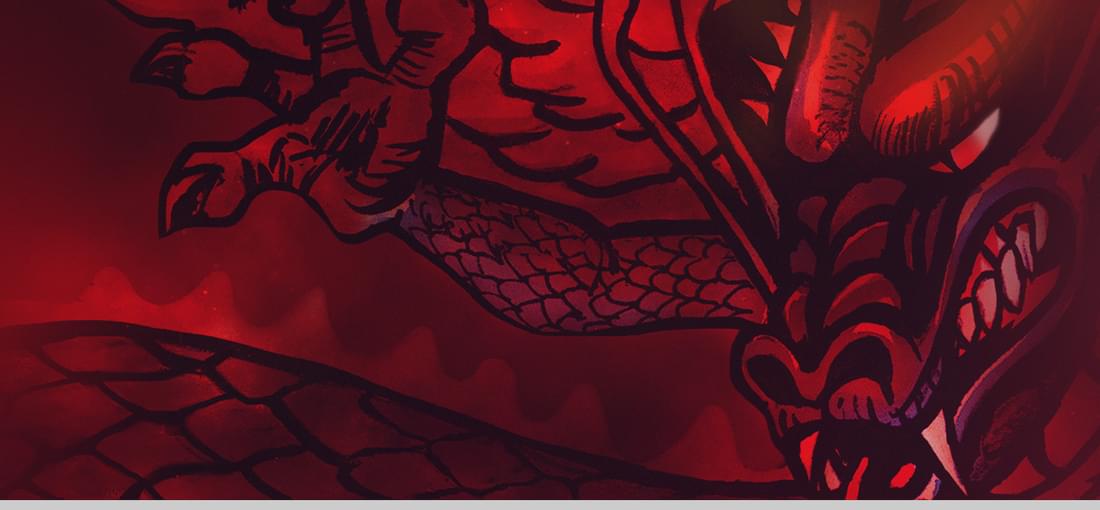
Playing Double Dragon and Double Dragon II again reminded me of how much different they were to other early beat-em-ups. I think you had to be a bit more strategic in Double Dragon than say Final Fight, to avoid a combination punch from the enemy or dodge their weapons. Double Dragon was the first game I completed at the arcade and like many, I found the major gap in the enemies' artificial intelligence. They were not well capable of avoiding or countering your elbow smash. However, I did also enjoy learning to use all the other martial arts attacks and having the game at home is a good way practice them. So I've enjoyed playing through the missions from the start, trying to get better at moves. I like that DD II is much the same as DD, but you have new attacks, some of which are much more impressive, like the hurricane kick(which had already appeared in Street Fighter in 1987 at the arcade). I was also impressed by the remixed theme music. While I felt inclined to stick with the original mix, I found that the remix really took me back to the '80s(Double Dragon II's remixed Stage 1 music has a very clear resemblance to ''Easy Lover"[Phillip Bailey & Phil Collins, 1984]), with the realistic guitar and saxophone. Double Dragon caused a bit of controversy in it's day for it's realistic violence, particularly the violence against the kidnapped Marian at the start. I think the way it was made, makes one feel like they're really getting ganged-up on and beaten up.Marian is given a rough treatment by the game designers. Dressed up like a cheap hooker, beaten down and carried away with her bare legs and underwear showing and then flashing her underwear again at the end. Some would've appreciated it if they had made Marian a playable character in this one. At least, just a slightly modified clone of Billy and Jimmy, same clothes as their's except maybe pink like her dress and same moves. Of course, it's not too for someone to program that in.
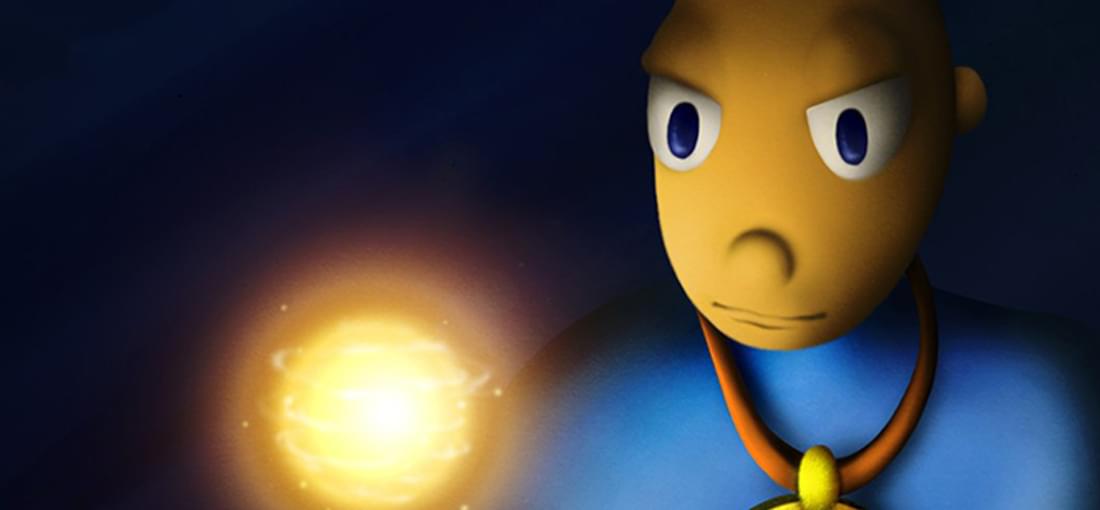
Well I think nice graphics are useless when it's so hard to access and appreciate them. The game's story and dialogue didn't impress me enough to continue with the game. I went as far as I wanted to and forced myself to stop thinking about how nice the game looks and think about how the game takes away your progress so easily. So a bit of a harsh judgement on this game I'm afraid.
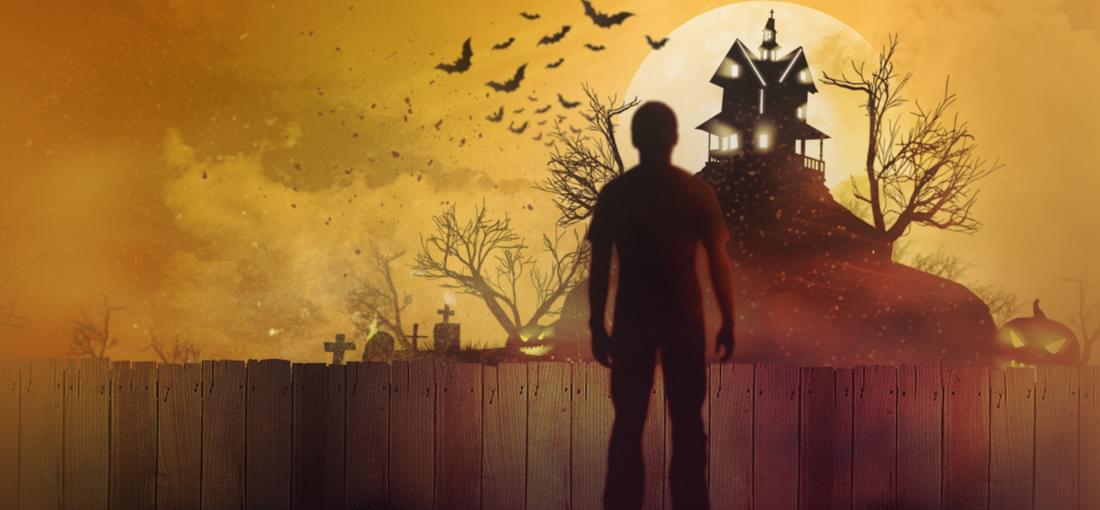
Well the games just seem like poor imitations of '80s Sierra text adventures i.e the AGI and SCI games. Inferior in just about every way. David Gray's practice at copying a Sierra text adventure. In my view, not good enough to sell. I think the games seem like children's games in a way, though there is a bit of adultness too. The games were obviously popular. I guess what I found childish and amateurish, other people found cute and funny.

Overall I think the game was worth Sam Barlow's time and effort making and releasing it and worth my time playing it. It's very different and has some cute ideas, which really help the game e.g the old desktop, the old computer sounds, the sounds of the room you're in. I think the LOGIN database interface is a problem though. I mean you'd have to think "Why can't I just watch the all the clips in order?". I think being able to bring up a precise line in the interrogation only really makes sense if you've already heard it completely and, as is said in one of the readme files on the desktop, want to use a specific line as evidence in court. If you suppose that there is a valid reason that you can't just watch all the clips in order and have to fit them together like a linear jigsaw, then I suppose it's an interesting idea and fun. As for the game not having an ending as such.....it KIND OF has an ending. Actually, though it's different from the norm, I like the idea of deciding for yourself when you've learned enough. I suppose there is replay value. Not a lot, but for the price there's probably enough. The story and acting are ok. Some have called cliché, but I think there are a few things to set it apart from similar murder stories. There are parts that are shocking though a little implausible. One reviewer dismissed the game as "feminist", but I don't think it is necessarily. It could be argued that there is a little bit of sexploitation, though that might just be a matter of perception. So I think you get your money's worth in this game and that Sam Barlow has come with a minimalist game that works.
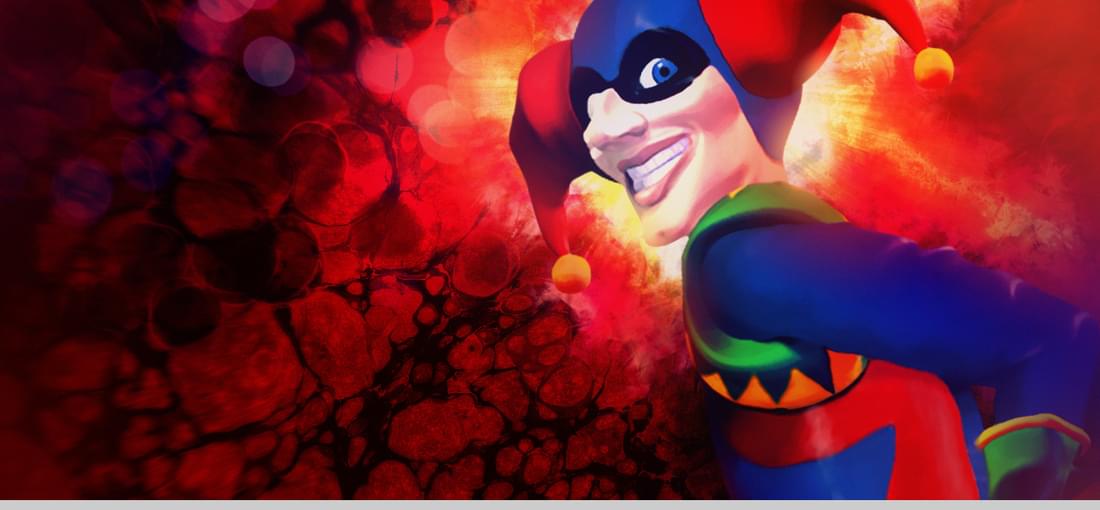
This was one of the first PS games I played and my introduction to polygon graphics. I very much enjoy "polygon/platformers". Someone mentioned Sonic and yes the game does feel like Sonic the Hedgehog. Fargus can even do a spin-attack. Oh yes and the bonus stages also. Still, the game is a bit overlong I feel. 18 levels. I wish they'd cut down the quantity and focused a bit more on the quality of each stage. By the way, Fargus is voiced by Greg Proops of Who's Line is it Anyway?

I loved the characters in this game, both the "heroes" and the "villains" though I'll say that I don't think the game is quite black and white on that. Friedrich von Glower is one of the best villains ever and to me is very reminiscent of David Xanatos the lead villain of the '90s animated series Gargoyles. The other members of the hunting club are similarly interesting and even likable. I even felt a certain amount of respect for the fearsome Baron Von Zell. While I feel Grace's adventures can seem tamer than Gabriel's and a tad boring, one can start to adjust to playing a character who is more scholar than fighter. I like that there is a lot of real history in the game (as there is in the first game). The game is very linear I admit and most of the obstacles fairly easy to overcome, but I'm not particularly bothered by this as most of the time I just wanted to get to the next movie scene. Dean Erickson is a much less sleazy Gabriel Knight than Tim Curry's from the first game. Frankly Dean is almost a "nice guy", quite softly spoken and reasonably polite to people around him. He's a smartass at times and kinda meets his match in Baron von Zell's cruel sarcasm which I thought was slightly amusing.